Search
Open-Source Medical Hardware: What You Should Know and What You Can Do
by Victoria Heath Open Access, Technology post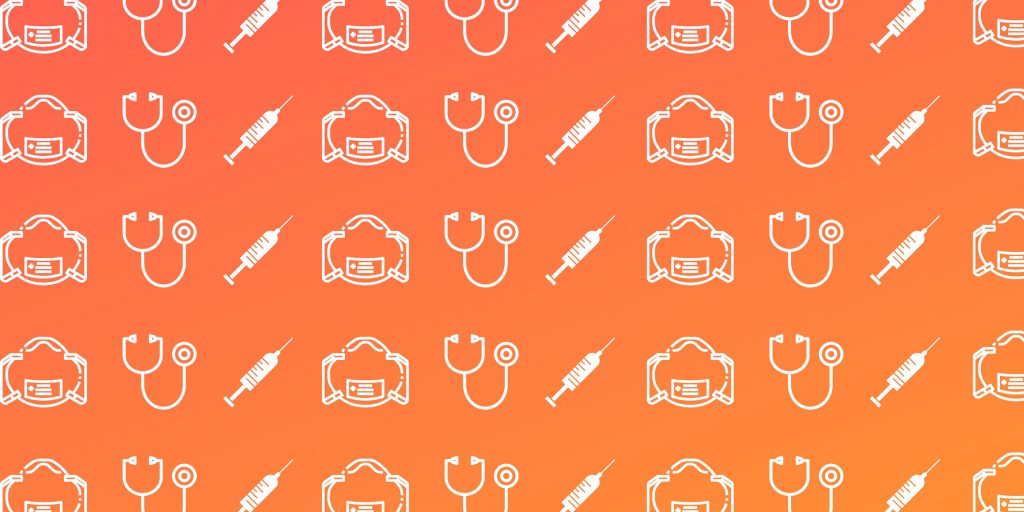
You’ve heard the stories: engineers 3D printing face shields in their basements; do-it-yourself hobbyists sewing face masks; and fashion designers crafting personal protection gowns. Globally, people are trying to help fill the medical supply gap caused by the COVID-19 pandemic through open-source medical hardware. It’s a heartwarming display of global ingenuity, innovation, and collaboration. In this…
Meet CC: The 2019 Creative Commons Global Summit Scholarships
by Jennie Rose Halperin About CC, Events post
Every year, Creative Commons invites community members from around the world to join us at our Global Summit. It is crucial that we come together as a community, celebrate each other, light up the commons, and collaborate.
Creative Commons Announces New Board Members: Delia Browne and Amy Brand
by Ryan Merkley About CC post
Today, CC is pleased to announce the appointment of two new members of the Board of Directors, both prominent leaders and advocates in their fields.
“This had the potential to be big”: an interview with #wocintechchat
by Jennie Rose Halperin Uncategorized post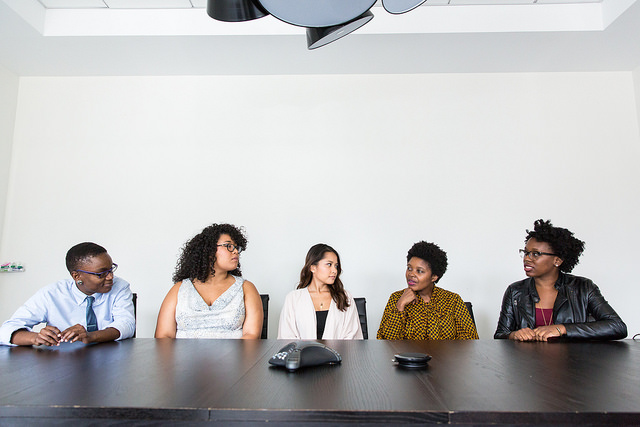 WOC in Tech Stock Photos CC-BY
WOC in Tech Stock Photos CC-BY
In the last year, #wocintechchat has provided Twitter chats, community dialogue, scholarships, and partnerships to provide more opportunities for women of color working in technology.
Free the Reviews: Why Free Culture Needs Free Opinions
by Erik Moeller Uncategorized post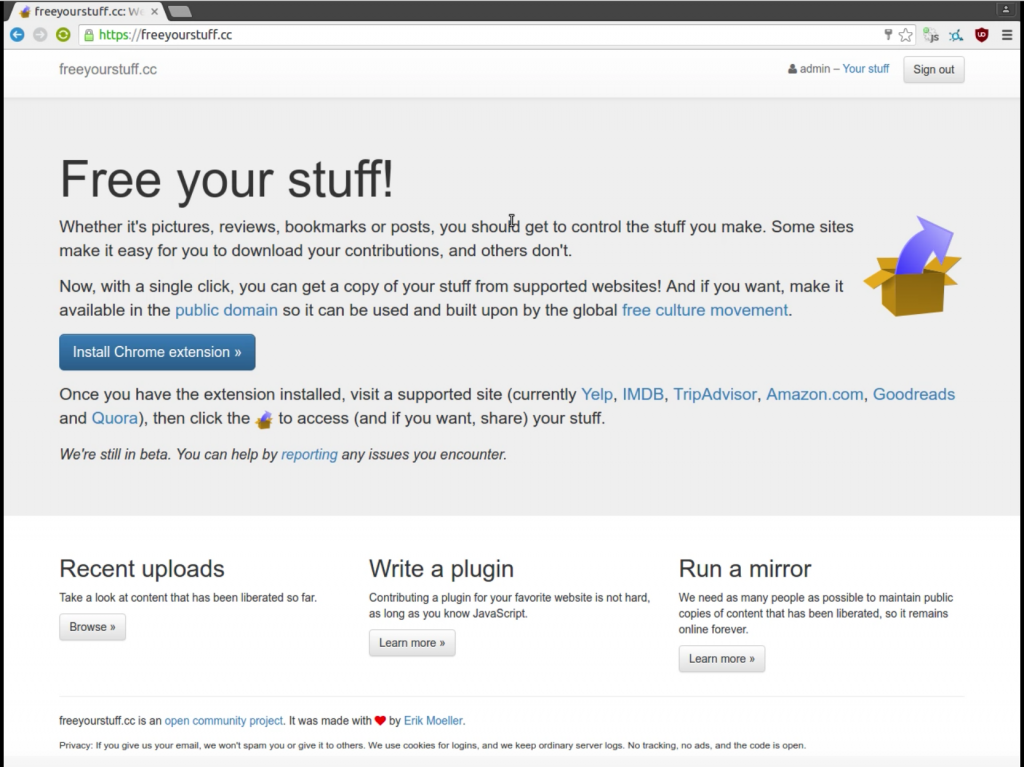 Free Your Stuff screencap by Erik Moeller, CC-BY
Free Your Stuff screencap by Erik Moeller, CC-BY
Thanks to the free culture movement, vast knowledge repositories like Wikipedia and StackExchange allow content to be re-used freely and built upon, and many major sites offer Creative Commons licensing as part of their user interfaces.
The future of housing is here: CC Talks with the Open Building Institute
by Jennie Rose Halperin Open Access, Technology post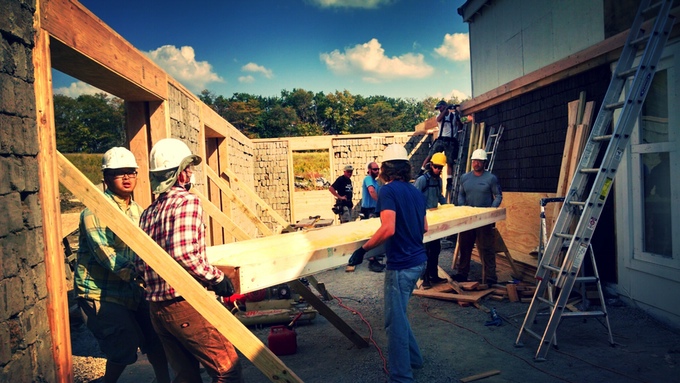
What if the future of eco-housing is remixable, inexpensive, collaborative, open sourced, freely licensed, and accessible to all?
Let’s make some clothes: Joost de Cock on Make my Pattern
by Jennie Rose Halperin Uncategorized post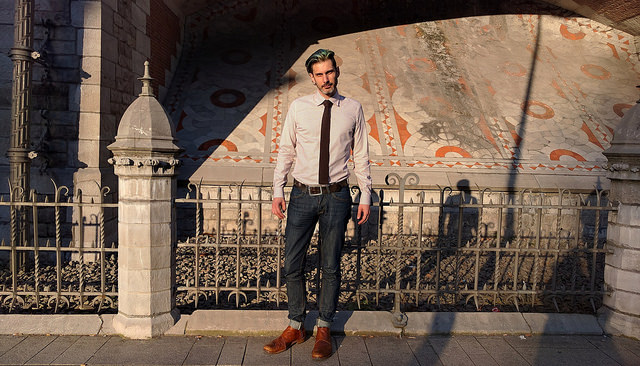 Joost de Cock in homemade shirt, jeans, and shoes. CC-by-SA-NC
Joost de Cock in homemade shirt, jeans, and shoes. CC-by-SA-NC
The delightfully quirky sewing site Make my Pattern.com is the work of self-proclaimed “sewcialist” Joost de Cock, a Belgian designer with a flair for fashion. When he started Make my Pattern, de Cock set out to solve a major issue for amateur sewers: patterns fit best when hand-drafted, but hand-drafting is inaccessible to most hobbyists.…
Big win for CC in Italy
by Jennie Rose Halperin Open Culture post
Last year, Festival delle Resistenze 2016 in Trentino-Alto Adige misused a photo of the journalist Niccolò Rampini that had been uploaded to Wikimedia Commons under a CC-by-SA-4.0 license by a professional photographer named Federico Caranti.
“It’s music for the people”: Monk Turner on defying genre and the open community
by Jennie Rose Halperin Open Culture post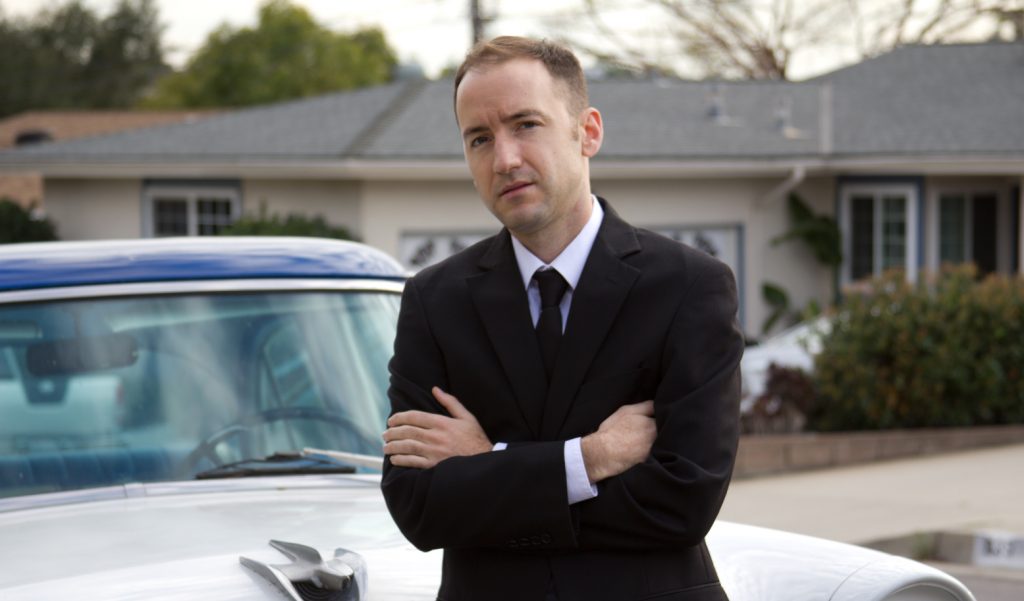 Monk Turner, CC-by-SA
Monk Turner, CC-by-SA
Monk Turner is a concept musician who has benefitted greatly from his collaborative, collective approach to music making and performance.
Spotlight on Gage Skidmore, political photographer
by Eric Steuer, Jennie Rose Halperin Open Culture post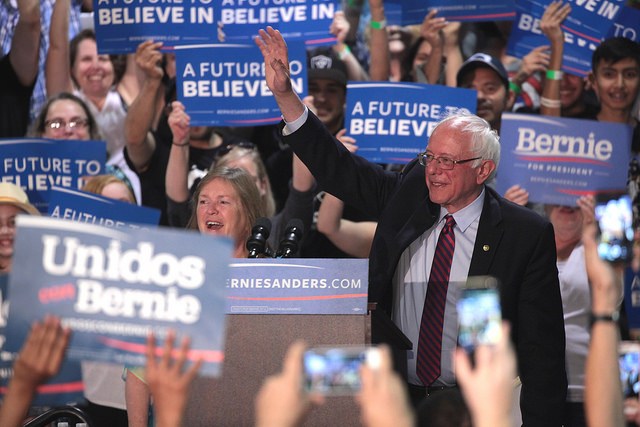
Gage Skidmore is a photographer and freelance graphic designer living in Phoenix, Arizona whose high-quality photos of politicians and pop culture have been featured in diverse publications…